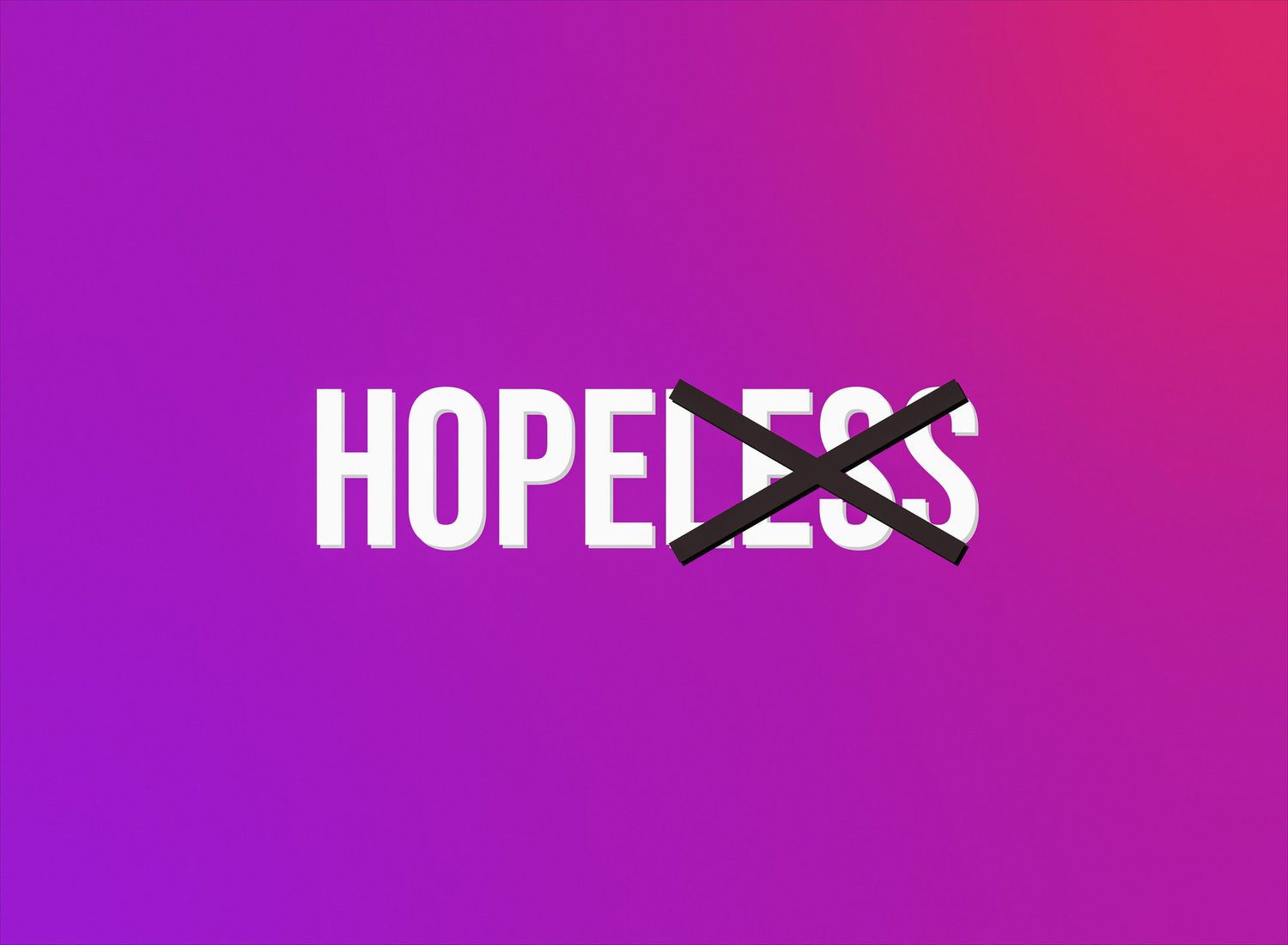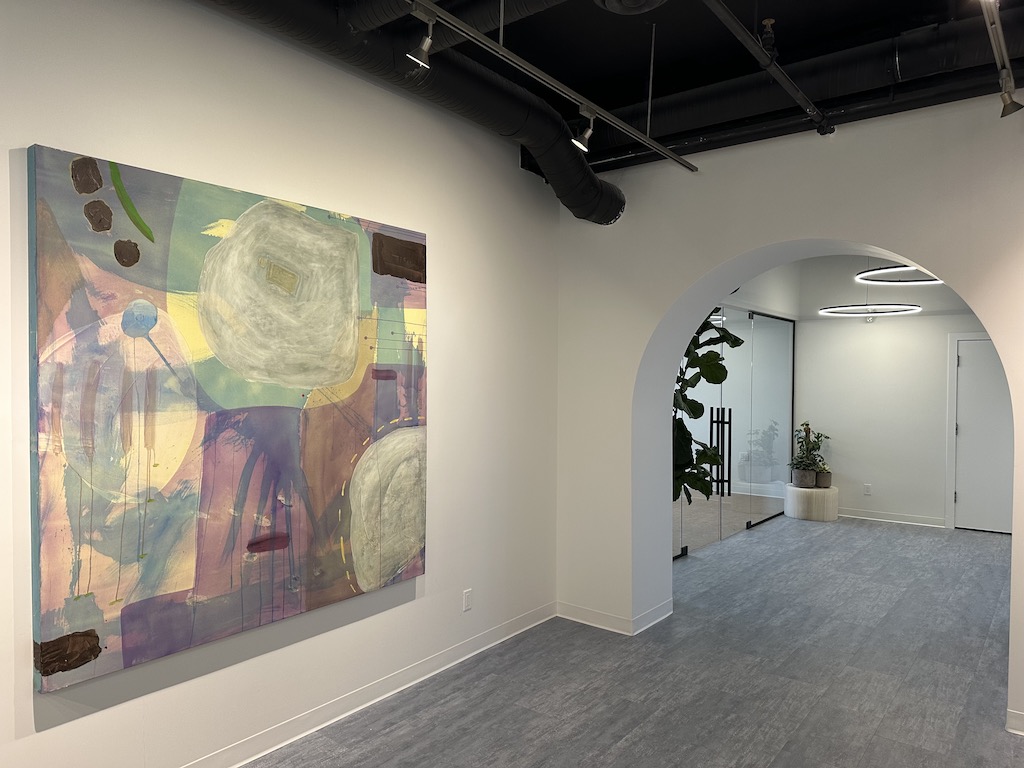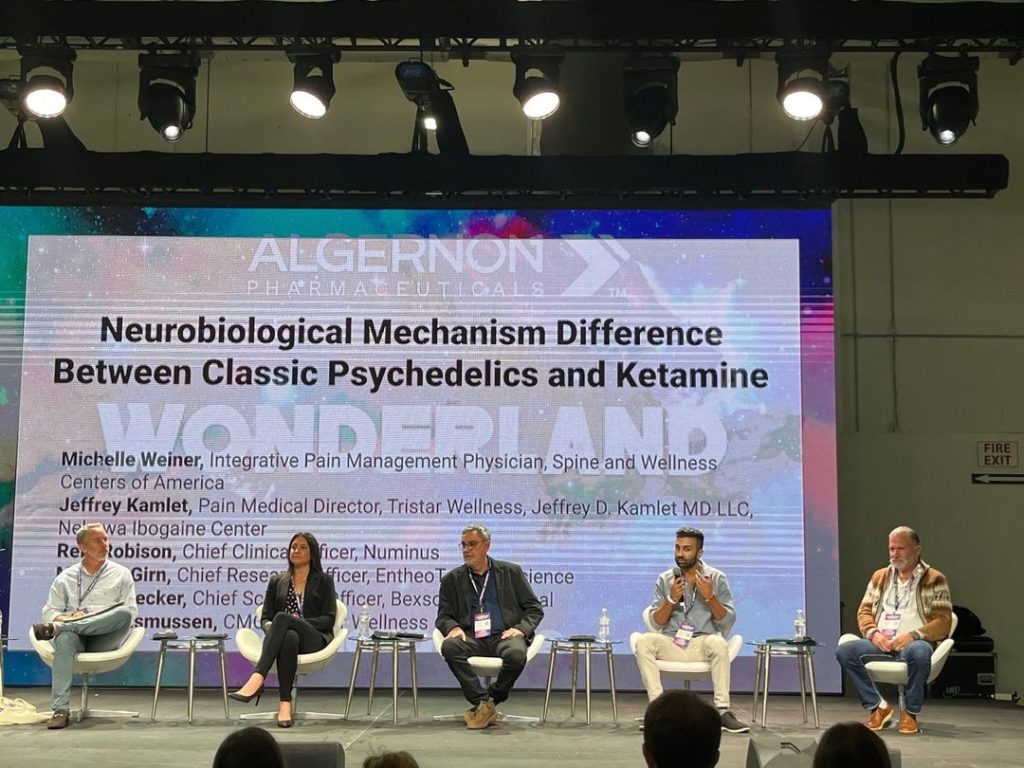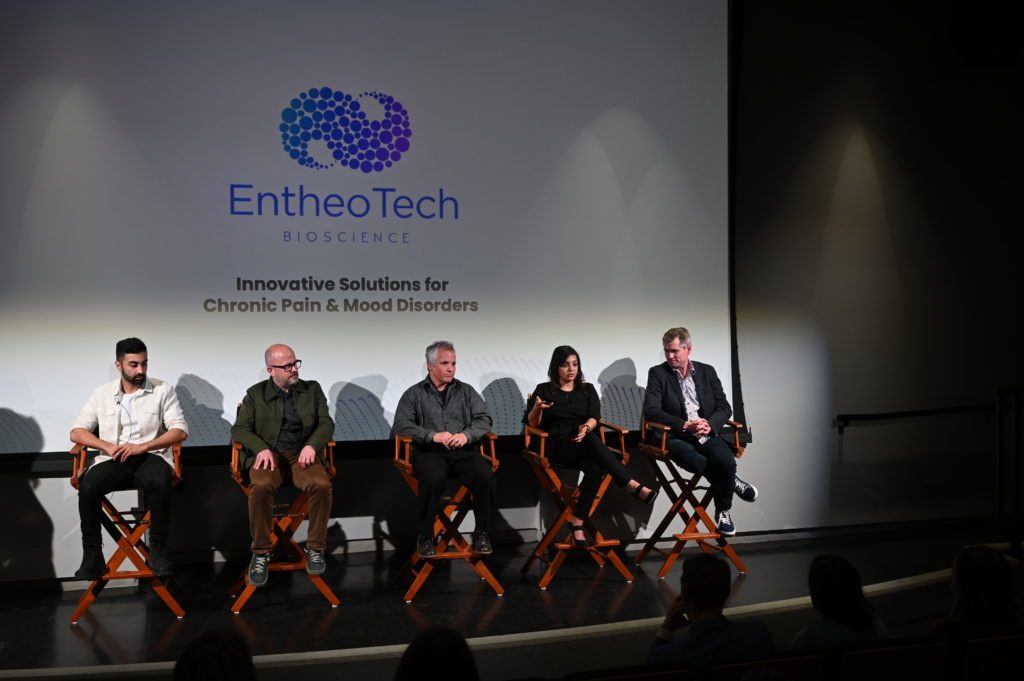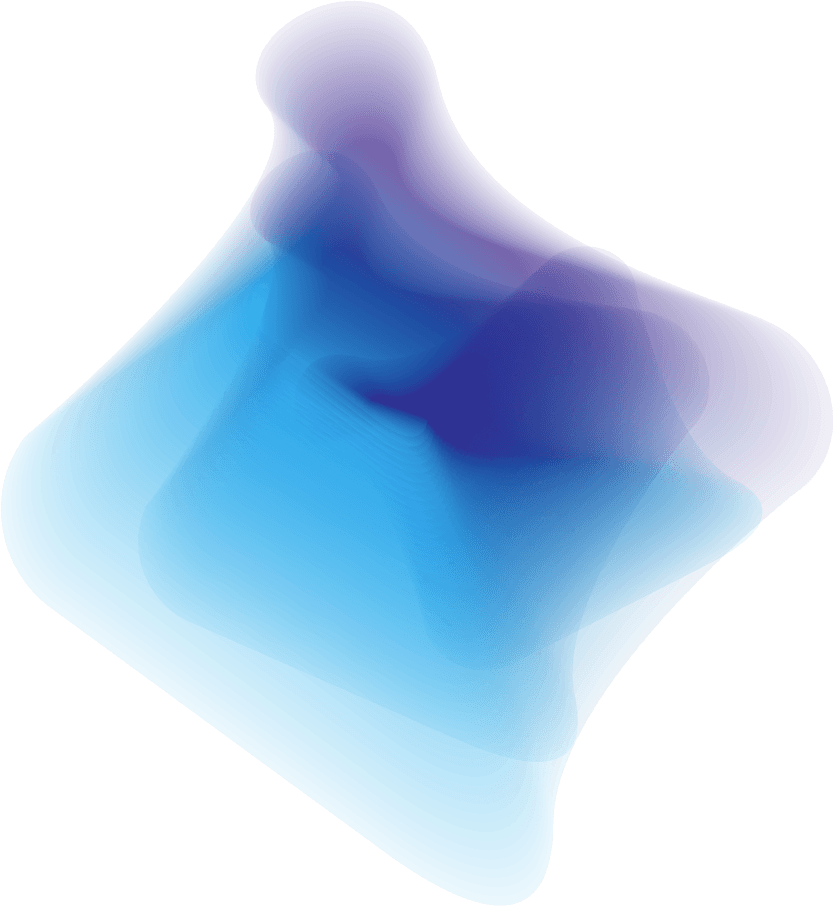Despite a growing body of research indicating their safety and therapeutic potential in controlled settings, drugs such as psilocybin (the compound in magic mushrooms) and MDMA are illegal throughout Canada. Therefore, in normal circumstances, physicians and therapists cannot legally provide psychedelic therapy to patients. For them to provide legal access, these drugs need to to make their way through the clinical trial process and gain regulatory approval through Health Canada (or the FDA in the United States) — something that’s estimated to be around two years away for MDMA and at least four years for psilocybin, if we assume that findings continue to be positive.
However, a striking recent amendment made by Health Canada to their ‘Special Access Program’ (SAP) indicates that certain Canadians may not have to wait so long for legal psychedelic therapy after all.
The SAP is a longstanding program offered by Health Canada which allows healthcare professionals to request access to a drug not sold in Canada for one of their patients. Importantly, this patient has to be suffering from a serious or life-threatening condition for which conventional drugs are ineffective, not suitable, or not available in Canada. Decisions are made on a case-by-case basis, on the basis of that particular patient and the specific drug requested.
Although the SAP has provided physicians and patients access to a number of investigational drugs over the years, from 2013 up until about a week ago, the SAP was not applicable to psychedelics. This is because in 2013, Health Canada signed in a policy that prohibited the authorization of any drug “that is or that contains a restricted drug.” Psychedelics, being restricted drugs (apart from the quasi-psychedelic ketamine), meant no access to psychedelics via this program.
Enter this new amendment. Largely a result of lobbying efforts from a number of groups and organizations such as the Canadian Psychedelic Association, Health Canada officially reversed that 2013 policy on January 4th of this year. This means that physicians can now request access to psychedelics for treatment-resistant patients. They stress, though, that not all applications will necessarily be accepted and remind us that only drugs with a strong clinical evidence base behind them are accepted by this program. With respect to psychedelics, this means that the SAP is likely limited to psilocybin and MDMA at this point in time. We want to emphasize here that this amendment allows potential access to psilocybin or MDMA only under the supervision of a healthcare professional; it does not mean that individuals can take these drugs home.
This amendment represents a significant step in the encroachment of psychedelic drugs into the Canadian healthcare system, and, at the very least, signals Health Canada’s appreciation of the positive research emerging on these drugs.
Before we get too excited, however, we have to acknowledge that this does not entail any changes to legality outside this specific context. In fact, Health Canada explicitly stated back in July that “[these] proposed regulatory amendments do not signal any intent towards the decriminalization or legalization of restricted drugs, and they are not intended to create large-scale access to restricted drugs.” Nonetheless, the accessibility of psychedelic therapy to some of the patients who need it the most is certainly an important milestone for psychedelic medicine in Canada.
Written by Manesh Girn for EntheoTech

